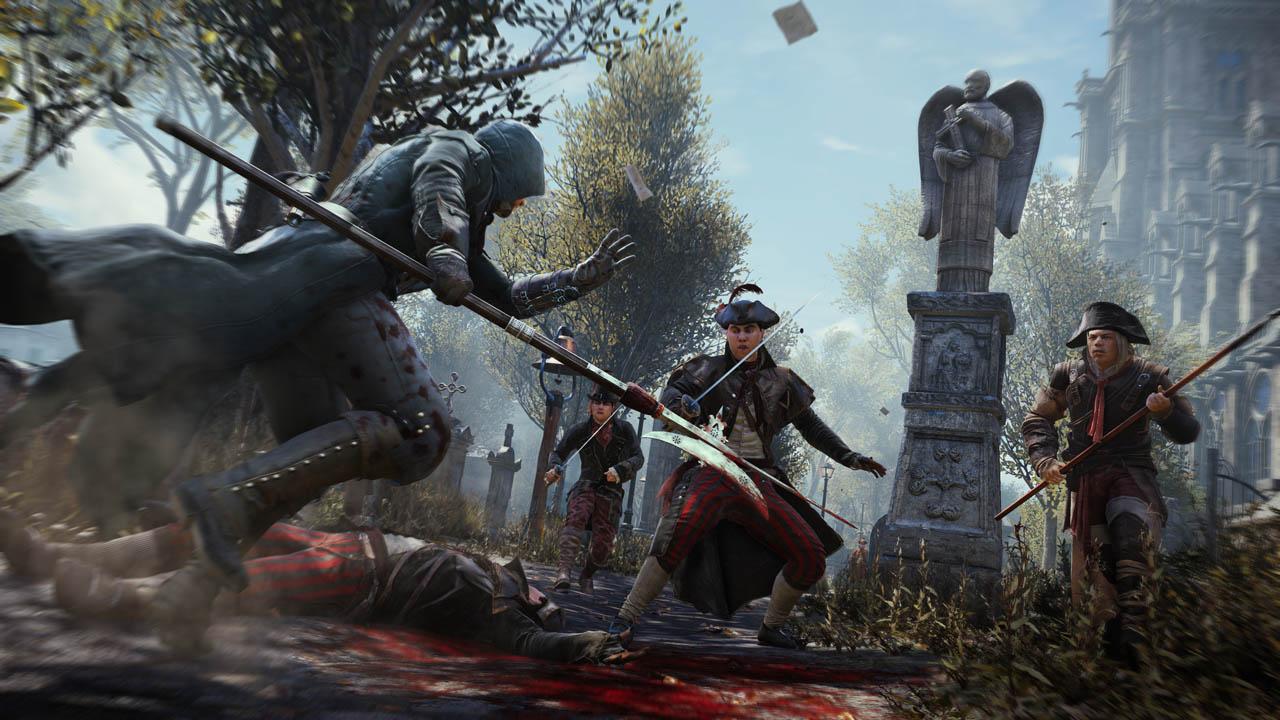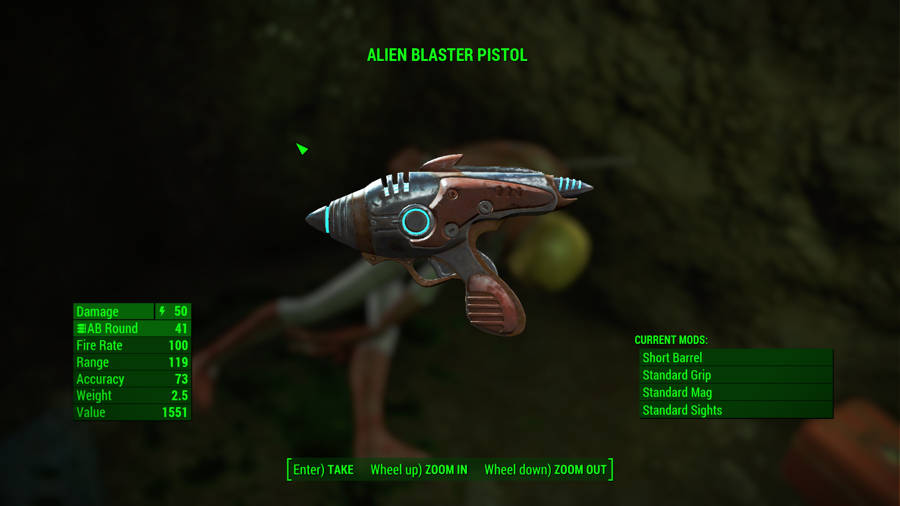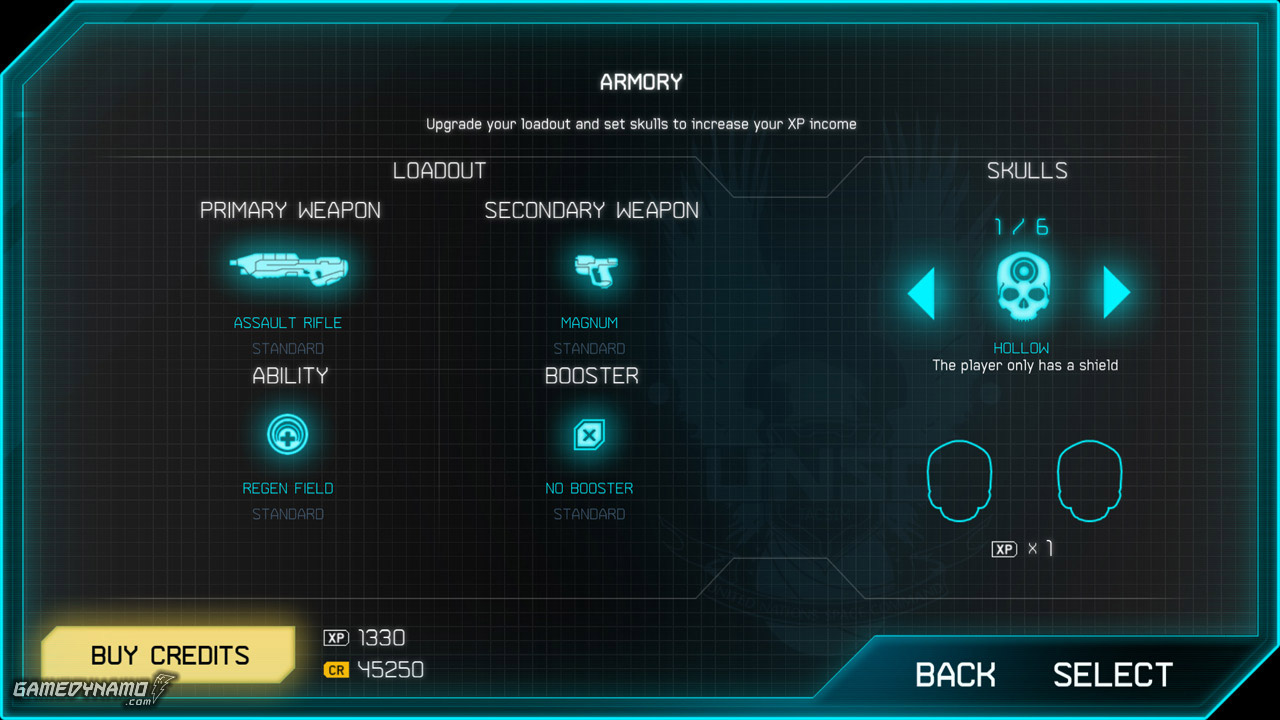

The potential danger of playing video games is something that the media occasionally likes to throw out at people. It seems like every few months, someone is ‘corrupted’ by the medium, turned into a psychotic madman with no sense of distinction between reality and the game world.
Luckily, I think that most are smart enough to recognize that it is pretty much entirely media hyperbole nonsense. Playing Doom has never driven a sane teenager crazy; in fact, the worst ‘danger’ of playing video games is obsession, which can lead to all kinds of bad things if the player doesn’t have their priorities together. But the benefits of video games – and more specifically, RPGs – greatly outweigh the risks.
But how can playing role-playing games enrich your life? Glad you asked!
1. RPGs Teach You the Fundamentals of Storytelling
As I’ve said before, the primary focus of RPGs is the storyline. Without a solid story, it’s not really an RPG; it’s an action game. That’s not to say that action games can’t have good stories, but in role-playing games, this is typically the main emphasis.
I started my torrid love affair with RPGs when I was just a kid and I first set eyes on Final Fantasy II for the Super Nintendo. I was barely able to read at the time, so I wasn’t exactly an expert on the subject of narratives. But the game taught me the same things that you don’t really explore until high school English when it comes to stories.
I was exposed to storytelling early and I have been fascinated ever since. In fact, my dream job is actually to be a writer. So role-playing games have certainly shaped my tastes!
2. RPGs Teach You Problem-Solving
Essentially all video games boil down to this: you are given an obstacle. Once you complete said obstacle, you win. The game has given you a problem and it’s up to you to now solve it.
Well, RPGs take that concept and multiply it by—I don’t know—a billion.
Since role-playing games almost always take a narrative approach to storytelling, the game must constantly increase the amount and difficulty of problems it throws at the player. If not, the game becomes unbalanced and not as fun to play.
This is especially true of retro RPGs. Early genre classics like Ultima and Dragon Quest have little-to-no handholding when it comes to telling the player what to do. You have a general idea, sure, but it’s all up to you to figure out the specifics.
It’s a far cry from today’s standard of “let me mark the exact spot on the map you need to go to”. Retro RPGs made the player toughen up and rely on his or her own problem-solving skills. Or, you know, a strategy guide.
3. RPGs Teach You Strategy
Fighting is usually a large part of an RPG. Depending on the game, players might spend half of their game time in combat, sometimes even more! And old-school RPGs were seldom made to be easy.
There are two cures to this: either power up your character until the game becomes easy (called grinding, or power leveling), or figure out a new strategy.
While both methods can be quite entertaining, I have always preferred the strategic way. If there’s a boss you can’t beat, instead of fighting more enemies to get stronger, maybe tinker around with your equipment. Or change your tactics around, study the boss’s attacks and if there is any sort of pattern that it’s using.
Often, a player’s own ingenuity wins out over the “power leveling” technique. People invent new strategies for old-school games all the time. RPG communities like to create their own self-imposed challenges as a way to force themselves to create more efficient and unique strategies.
4. RPGs Teach You to Focus
I’m not going to lie: I was an unfocused kid. And I’m an unfocused adult. I’m not sure if it’s severe enough to be labeled ADHD, but it’s something that I’ve always struggled with. Focus. Ugh.
Don’t worry. RPGs can help focus issues too!
RPGs, by their nature, almost force the player to focus. Unless you have played a game so many times that you have it memorized, then it’s difficult to just breeze through an RPG, particularly the more cryptic older ones.
So what’s the solution for that? Focus! If the storyline is engaging, then the player should want to know what happens next. And the only way they are going to do that (other than cheating or looking on Youtube, of course) is to buckle down and get through the tough parts.
I’m not saying it’s a cure-all; heck, I still have major problems with attention span, concentration, focus, etc. But I do know that when I play an RPG (particularly one with a great storyline), everything melts away until it’s just me and the game.



